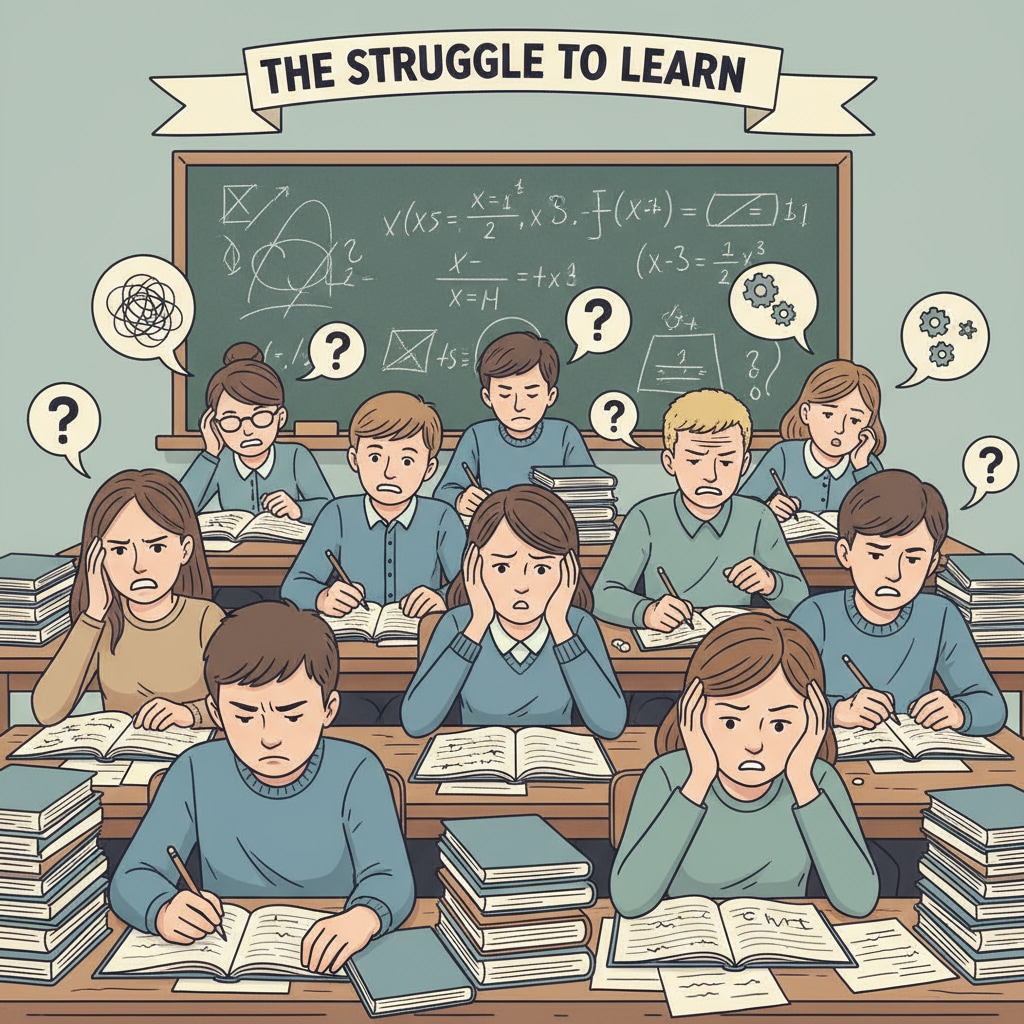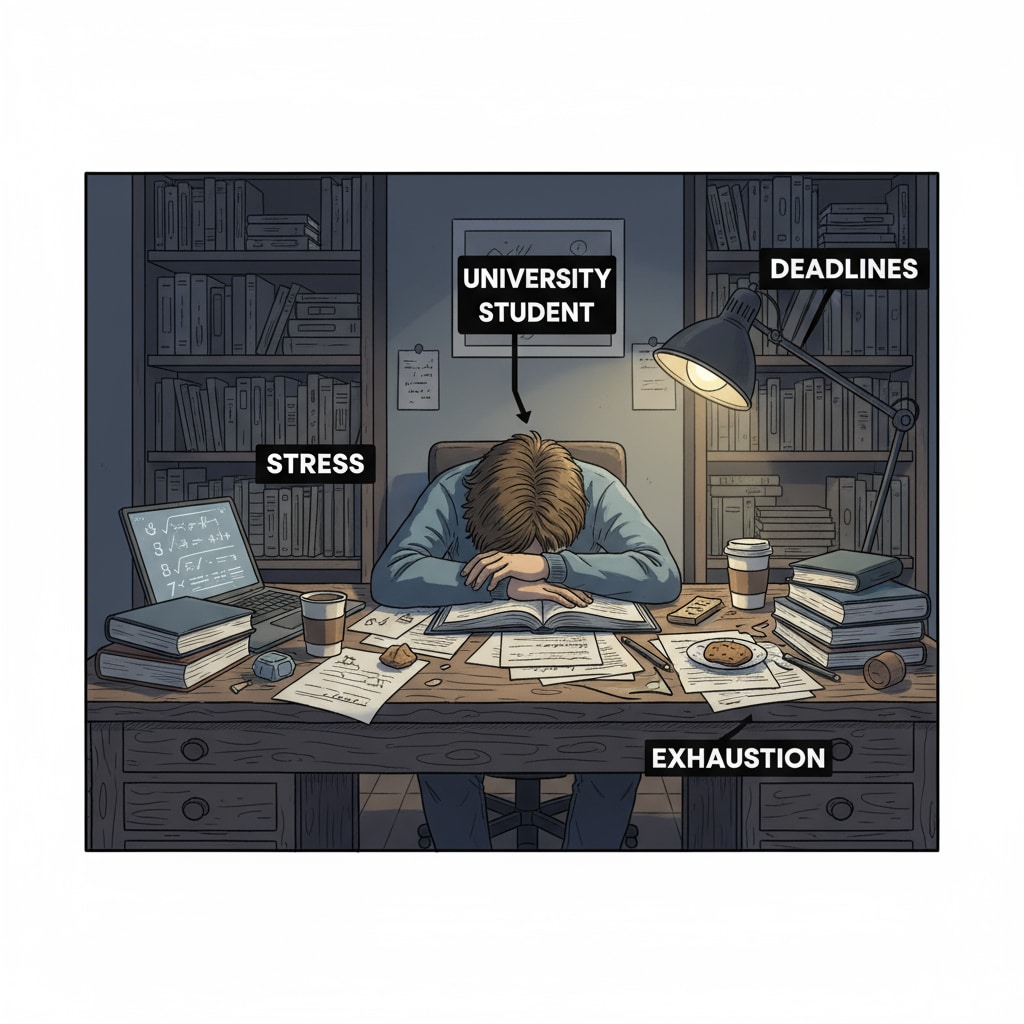Learning difficulties, mental exhaustion, and self-loathing can cast a long shadow over the lives of K12 students. In this article, we will explore the profound impact of these issues on students’ psychological well-being and discuss strategies to help them overcome these challenges.

The Burden of Learning Difficulties
Learning difficulties can manifest in various ways, such as problems with reading, writing, math, or attention. These challenges can make it difficult for students to keep up with their peers, leading to feelings of frustration, inadequacy, and self-doubt. According to Understood.org, approximately 1 in 5 children in the United States has a learning and attention issue.
Mental Exhaustion: The Hidden Toll
Constant struggle with learning can take a toll on students’ mental health, leading to mental exhaustion. Mental exhaustion is characterized by feelings of fatigue, irritability, and a lack of motivation. Students may find themselves dreading school, avoiding homework, and withdrawing from social activities. As reported by the American Psychological Association, stress and burnout are common among students facing academic challenges.

Self-loathing often stems from a combination of learning difficulties and mental exhaustion. Students may begin to blame themselves for their struggles, viewing themselves as failures or stupid. This negative self-perception can further erode their confidence and motivation, creating a vicious cycle of self-destruction.
Readability guidance: By understanding the causes and consequences of learning difficulties, mental exhaustion, and self-loathing, educators and parents can take proactive steps to support these students. In the following sections, we will discuss strategies for intervention and support.


